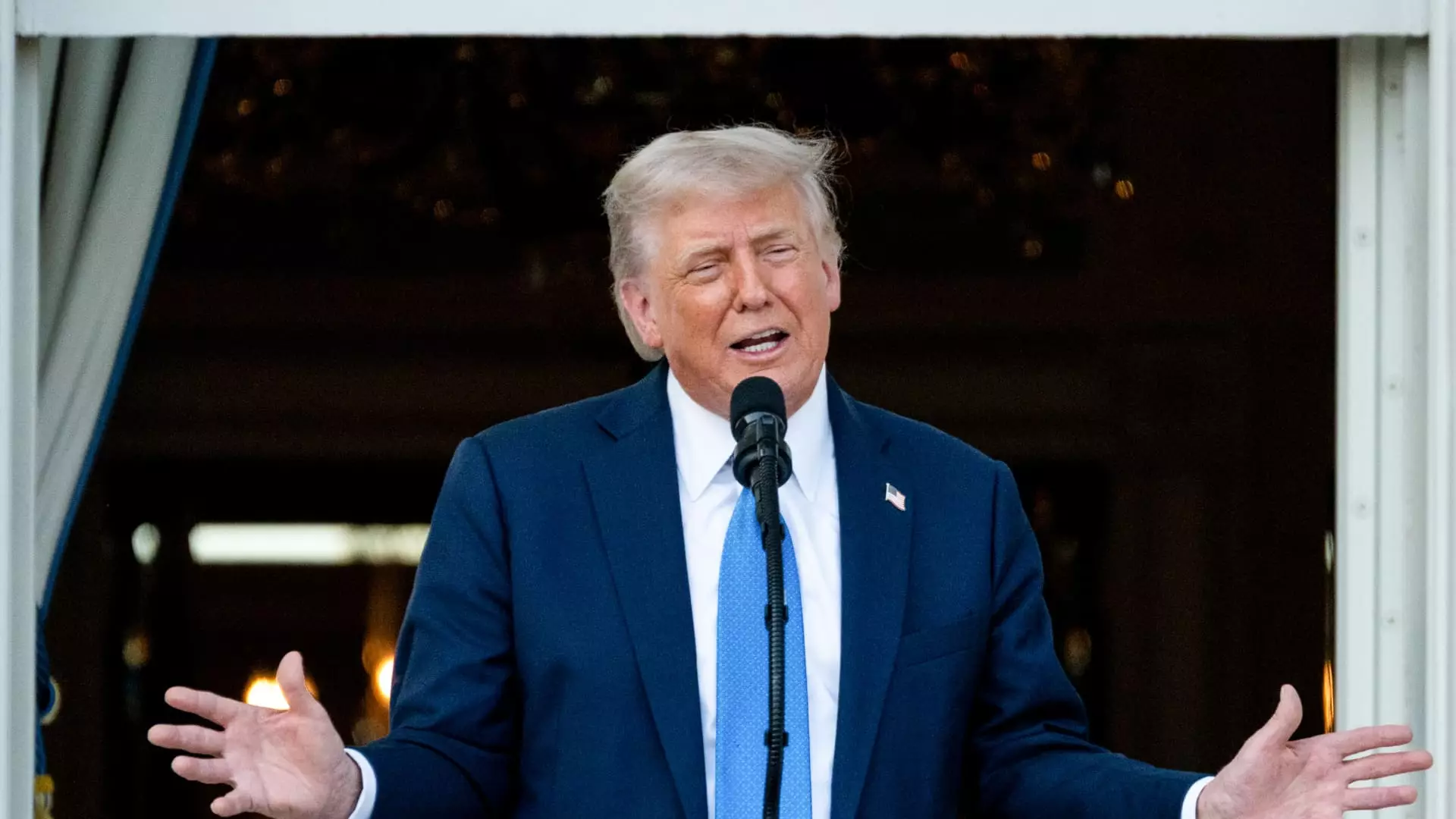On a day marked by significant policy shifts, the Trump administration announced a controversial travel ban affecting citizens from 12 predominantly Muslim countries. Afghan, Congolese, and Yemeni nationals, among others, are now excluded from entering the United States unless they meet stringent criteria. While the proclaimed intent of this travel restriction is to enhance national security, one must question the ethical implications and the effectiveness of such a sweeping measure.
The rationale behind the proclamation underscores a perceived need for enhanced vetting processes. The Trump administration purports that citizens from these nations pose potential risks linked to terrorism and other safety threats. However, rather than forming a reliable framework for determining who may enter the U.S., these classifications potentially foster racial and religious profiling, lumping individuals into monolithic categories based strictly on their nationality. This approach not only neglects the complexity of individual identities but also unjustly casts a shadow over millions of innocuous citizens.
The Echoes of History
The latest travel ban evokes echoes of a similar proclamation made in January 2017, which faced significant public backlash and was deemed a product of fear rather than informed policy. The U.S. Supreme Court upheld that ban in 2018, but many questioned its long-term impacts on America’s global image, fundamentally challenging its identity as a sanctuary for immigrants and refugees seeking solace from conflict. The repetition of such narratives raises concerns: Has history taught us nothing? As Democratic lawmakers speak out against this renewed policy, labeling it as an embodiment of “bigotry and hatred,” we are reminded that the shadow of exclusionary practices often lingers long after the laws are enacted.
It is disheartening to witness politicians framing their nationalistic agendas under the guise of safety when real empowerment lies in inclusivity and compassion. The rhetoric employed suggests not a unified agenda for securing safety but rather the bolstering of fear-mongering narratives and divisive politics.
Filtered Exceptions and the Debate on Fairness
Amidst the sweeping restrictions, certain travelers, such as U.S. permanent residents, athletes, and immediate family members meeting specific criteria, are exempt. This raises critical questions regarding fairness and consistency. Does the administration truly have the safety of all citizens at heart, or are the exemptions merely a facade masking the underlying motivations tied to political posturing?
By broadcasting stories of individual exemptions, the administration might be attempting to soothe public outrage. However, the net effect of such policies ultimately harms our reputation as an inclusive society. Furthermore, it sends an unintended message about the inherent value of people’s lives dictated by arbitrary bureaucratic mechanics. The commitment to national security should not come at the expense of our shared humanity.
Reviving the Immigration Narrative
As we stand at the intersection of policy and morality, it’s crucial to challenge the narrative so often pushed by political agendas: one that pits safety against inclusivity. The current restrictions evoke fear rather than security, feeding a cycle that undermines trust among nations. Efforts toward enhancing national security should work in tandem with recognizing the vital contributions of immigrants. Engagement, cooperation, and comprehensive reforms, rather than isolationism, can create a roadmap for a safer and more vibrant America.
We must ponder not only the implications of these travel bans but also how they resonate in the broader context of our shared values as a nation. The immigration debate should reflect the courage to envision a world where everyone is welcomed, disputing the notion that safety lies in exclusion.


Leave a Reply